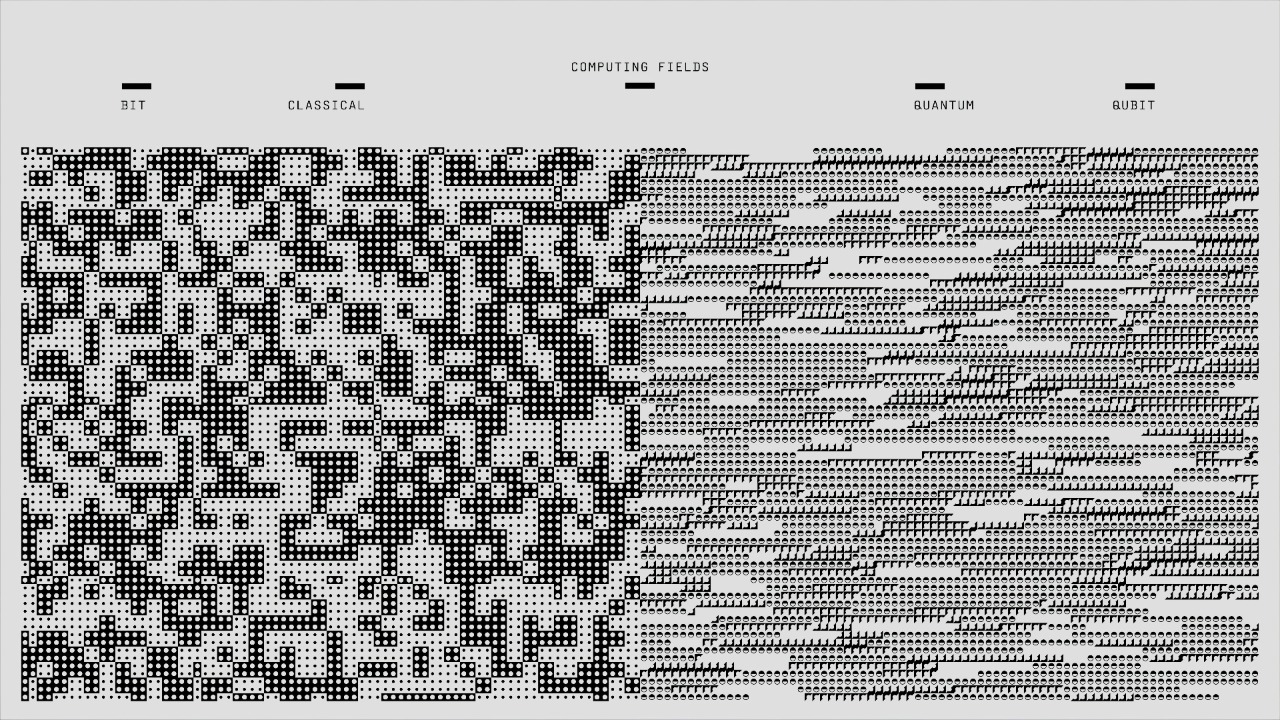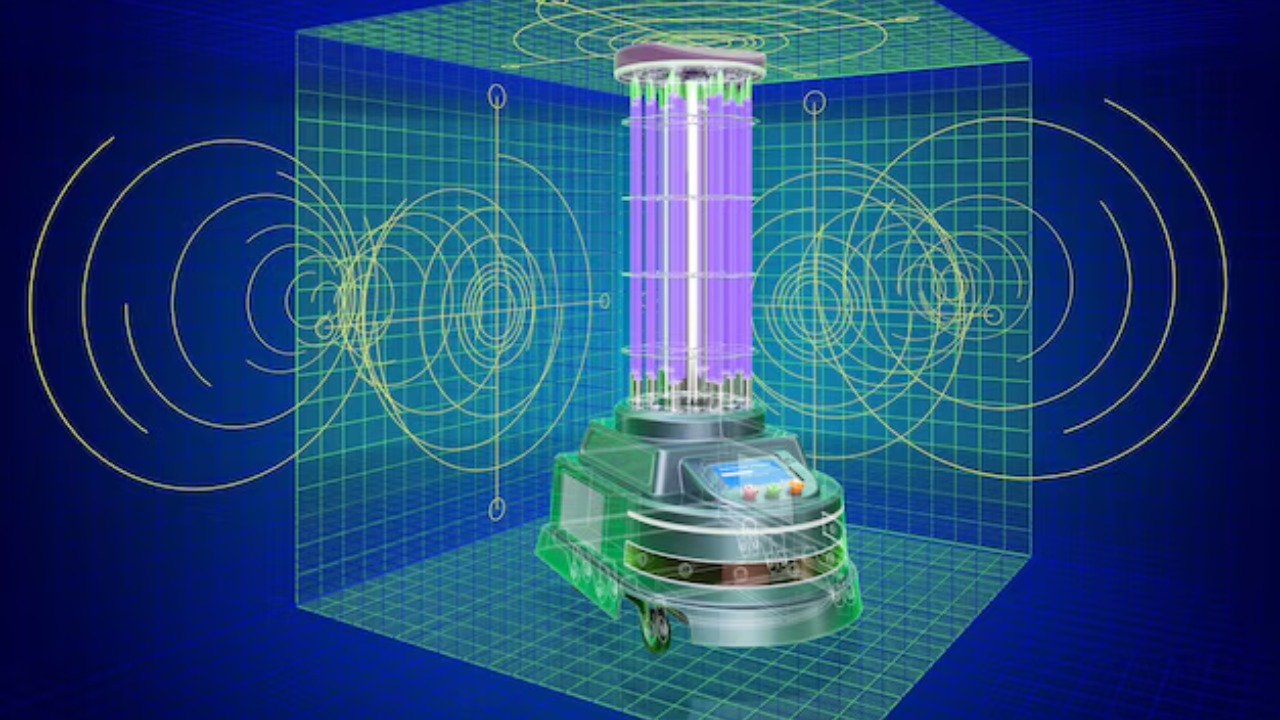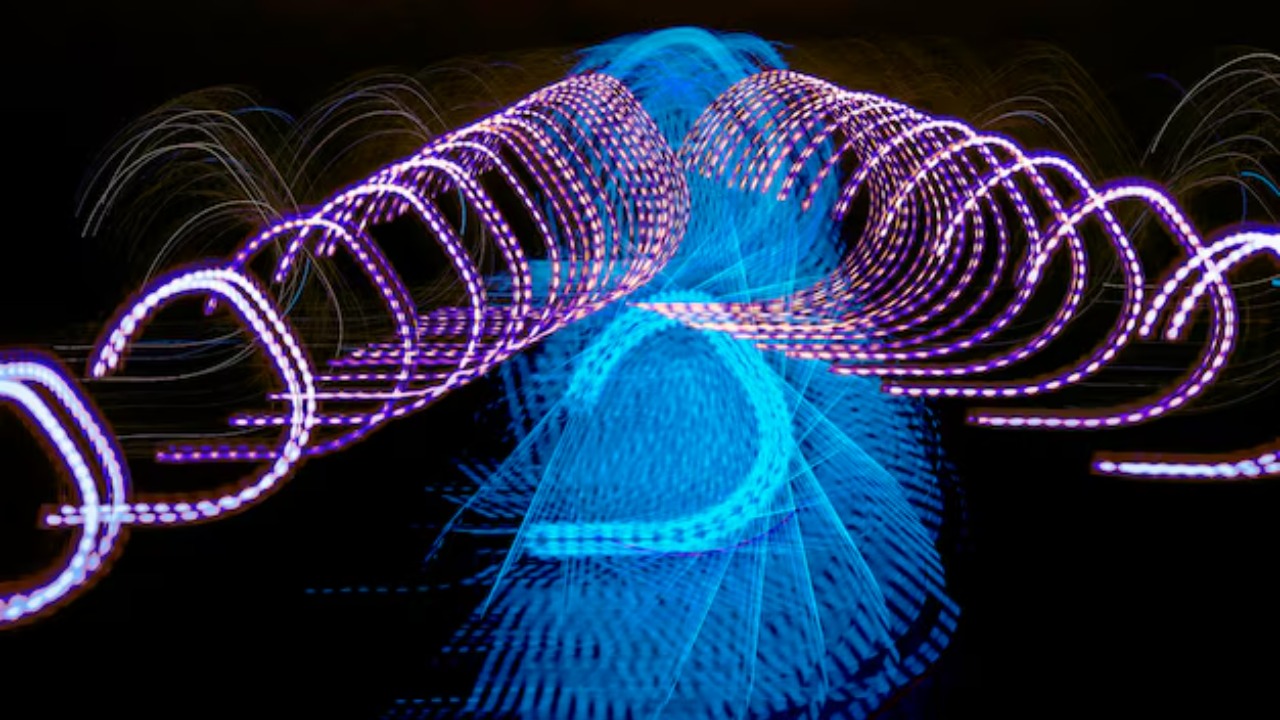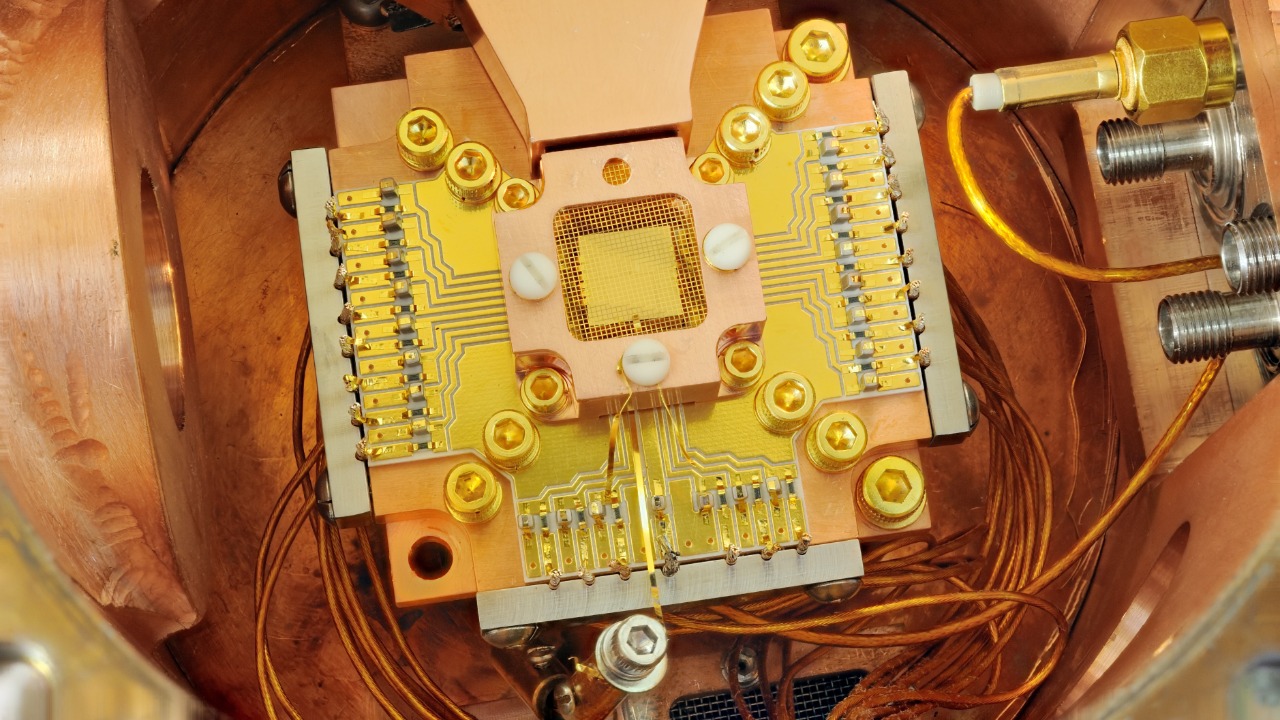Quantum sensors, with their unparalleled precision and sensitivity, are poised to revolutionize the field of espionage. These advanced devices will redefine how information is gathered, analyzed, and utilized, offering unprecedented capabilities in intelligence operations. The transformative potential of quantum sensors in the realm of spying is both profound and far-reaching.
The Science Behind Quantum Sensors

Quantum sensors leverage the principles of quantum mechanics, particularly quantum entanglement, to achieve remarkable sensitivity. Entanglement allows for the correlation of quantum states between particles, providing a means to measure changes with extraordinary precision. This fundamental property is what sets quantum sensors apart, enabling them to detect minute variations in physical phenomena that traditional sensors might miss. For example, while classical sensors might struggle with certain environmental interferences, quantum sensors can maintain accuracy by relying on entangled particles to provide a clearer signal.
The superior accuracy of quantum sensors is achieved through their ability to measure quantities like time, magnetic fields, or gravitational forces at a level unattainable by classical methods. Traditional sensing methodologies often depend on macroscopic phenomena, which can be influenced by noise and interference. In contrast, quantum sensors operate at the atomic or subatomic level, minimizing these issues and providing a clearer, more reliable data stream. This difference in approach is crucial for applications where precision is paramount, such as in espionage and surveillance operations.
Applications in Surveillance

One of the most exciting applications of quantum sensors in espionage is their enhanced capability to detect and monitor stealth technology. Stealth aircraft, designed to evade radar detection, can be more easily identified through quantum radar systems, which utilize quantum entanglement to improve detection accuracy. This makes it increasingly difficult for stealth technology to go unnoticed, altering the landscape of aerial surveillance.
In space, quantum sensors are set to revolutionize satellite surveillance and reconnaissance. The development of quantum-enhanced satellites could significantly enhance the resolution and accuracy of images and data collected from Earth’s orbit. According to Ars Technica, advancements in satellite technology, including the integration of quantum sensors, promise to eliminate blind spots in global monitoring capabilities. Similarly, underwater espionage could see a leap forward with quantum magnetometers that can detect minute variations in magnetic fields, crucial for identifying submarines and other marine vessels.
Transforming Counterintelligence Operations

Quantum sensors have the potential to transform counterintelligence by detecting and neutralizing electronic eavesdropping devices. These sensors can identify anomalous changes in electromagnetic fields, which are indicative of hidden surveillance equipment. This capability is crucial for safeguarding sensitive communications and ensuring the security of classified information.
In the realm of cybersecurity, quantum sensors play a pivotal role in data protection. They can identify and intercept covert communications with unparalleled precision, making it significantly harder for adversaries to conduct undetected cyber operations. As highlighted by Axios, the integration of quantum technologies into military and intelligence operations marks a new era of cybersecurity, where the interception and protection of data are more robust than ever before.
Challenges and Limitations

Despite their potential, the development and deployment of quantum sensors come with technical challenges. The need for extreme environmental stability and the complexity of maintaining quantum coherence are significant hurdles. Moreover, the high cost of developing these technologies can be prohibitive, limiting widespread adoption in the near term.
There are also geopolitical and ethical concerns to consider. As nations race to develop and deploy quantum espionage technologies, the potential for an arms race looms large. The ethical implications of enhanced surveillance capabilities, particularly regarding privacy rights, must be carefully weighed. Current quantum sensor technology is not without its limitations, and ongoing research is necessary to address these challenges. The University of Texas highlights how continued advancements in quantum sensing are necessary to overcome current technological constraints.
The Future of Espionage with Quantum Technology

Looking ahead, quantum sensors are poised to reshape global intelligence operations over the next decade. As these technologies mature, their integration into espionage and surveillance systems will become more prevalent. It’s anticipated that collaborative efforts between nations will be necessary to regulate and manage the proliferation of quantum espionage technologies, ensuring they are used responsibly and ethically.
Balancing technological advancement with privacy rights will be a critical challenge in the age of quantum spying. As highlighted by the Journal of Space Law, international treaties and regulations may need to evolve to accommodate the unique capabilities of quantum sensors. This balance will be essential to harness the benefits of quantum technology while safeguarding individual privacy and maintaining global security.